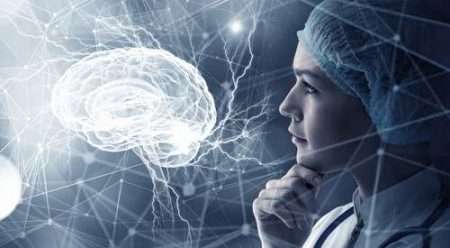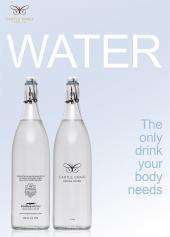The NHS defines bipolarity as a “condition that affects your moods, which can swing from one extreme to another”. People who suffer from this condition oscillate between depression and mania, which is a state of intense euphoria.
Many people with bipolar disorder experience problematic use of alcohol and drugs. The link between bipolarity and addiction is stronger than one would expect.
Some studies point out that about 50% of people with bipolar disorder have substance misuse problems. Also, they are around 4 times more likely to develop drug and alcohol addiction than the general population. People with bipolar disorder are more prone to addiction than those suffering from any other mental health condition.
The question is why do so many people with bipolar disorder resort to heavy drinking and drug use?
Probable Causes
There is no consensus in the medical community over what causes people with bipolar disorder to abuse alcohol and drugs. Some argue that there is a genetic trigger for the link between bipolarity and addiction. Others emphasize that people with bipolar disorder use alcohol and drugs to self-medicate their extreme states.
Castle Craig psychiatrist Professor Jonathan Chick argues that there is a complex of factors:
“The mechanism linking bipolarity and addiction is probably multi-dimensional, with emotional instability being one aspect. This emotional instability is then self-treated by some with alcohol and/or drugs.”
What if Substance Misuse is Really the Problem?
Dr. Jim Craig, a psychiatrist at Castle Craig, points out that there are cases where the substance addiction comes before bipolar disorder:
“A number of individuals start with alcohol problems and then the bipolar disorder emerges after a few years. Whether the alcoholism is actually causing the bipolar disorder in those minority of individuals is still not clear.”
In some cases the states of depression or mania might not be symptoms of bipolarity. They might be the adverse effects of substance misuse.
Dr. Jim Craig also explains that identifying the link between drinking and depressive illnesses can be problematic: “It does happen that a patient has got an alcohol problem and it may be difficult to find out if they have a depressive illness. Alcohol itself is a depressant that disturbs sleep and can alter the mood”.
This requires careful monitoring after the patient has finished residential rehab: “If the depression doesn’t return and the patient is abstinent, that is pretty good evidence that the depression is a result of the alcohol” says Dr. Craig. “If it does return, then they have a primary depressive illness. In that case they need antidepressants.”
Interview conducted with Dr J. Craig, Psychiatrist at Castle Craig Hospital.


